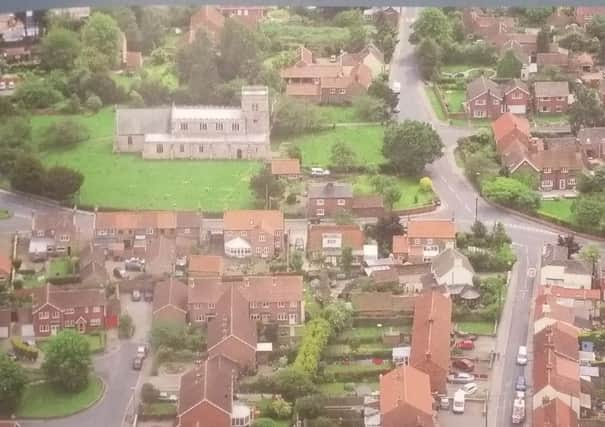Quick reads: Riccall: A Village History, by JPG Taylor


When retired teacher JPG Taylor moved there 30 years ago, it was because he couldn’t afford a house in Selby. But the historian, who has also authored several other local history books (A Fair Gate to Oblivion, 2008, about English epitaphs and Eskrigg: A Village History, 1999), always thought it a shame no-one had chronicled the story of the village.
“Every village deserves a history,” remarks the enthusiastic 87-year-old. And so he set about ensuring it did.
Advertisement
Hide AdAdvertisement
Hide AdThe result is an exhaustive account of its life through the ages, with one chapter even devoted to “before the Romans”, but the most surprising has to be that in the 14th Century, Riccall was colonised by a group of wealthy Italian bankers (the Peruzzi), who took up residence at the fortified manor house, Wheel Hall, safely guarded from suspicious locals by its three moats. The family was one of the most powerful in Europe and financed kings, including Edward I, II and III, barons and abbeys. By the 1320s, they diversified into commodity trading, which brought them to Riccall, where they added to the family coffers by buying wool on the cheap and selling it on at a profit in Bruges.
Taylor writes: “They would have been objects of wonder and suspicion to the peasant farmers… Who were these strangers with their flamboyant dress and incomprehensible language, coming and going by water, conducting their business behind triple moats?”
• Oblong, (£18 plus £3 p&p)